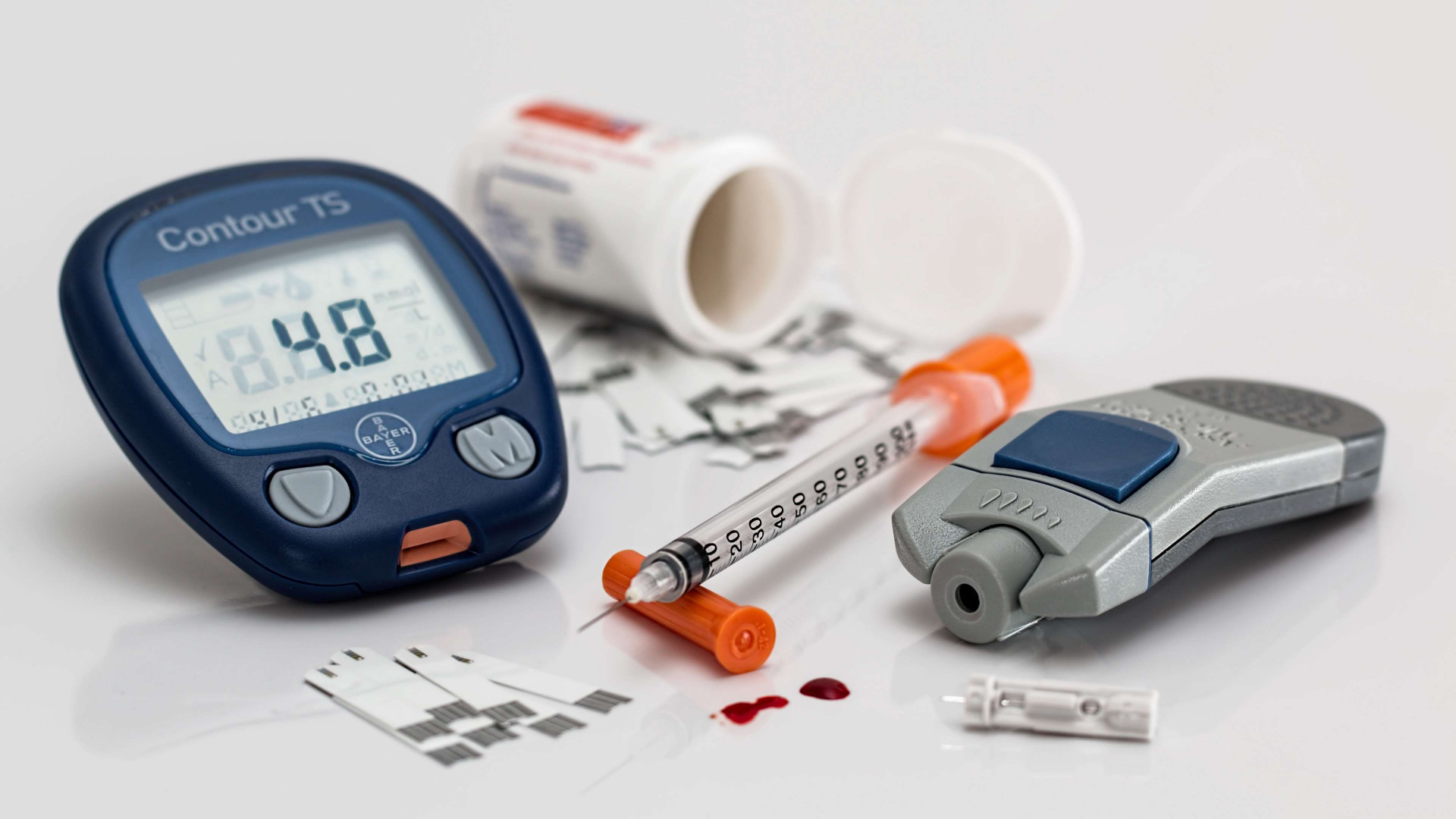Man-made chemicals, such as PCBs, phthalates, and Bisphenol A (BPA), may be contributing to climbing obesity and diabetes rates worldwide, according to a meta analysis of 240 studies. Because many of the chemicals are considered endocrine disrupters they may influence the hormones that regulate appetite, fat storage, and blood sugar. “The role of hormone disrupting chemicals in this must be addressed. The number of such chemicals that contaminate humans is considerable,” says study author Hospital del Mar Research Institute’s Miquel Porta. “We must encourage new policies that help minimize human exposure to all relevant hormone disruptors, especially women planning pregnancy, as it appears to be the fetus developing in utero that is at greatest risk.” Some of the chemicals studied have already been banned, such as PCBs, but others are still widely used in food packaging and other commonly used products. Chemicals Health & Environment Monitoring (CHEM) Trust is urging the European Union to find safer alternatives. “If exposure to hormone disrupting chemicals is programming us to be fat, it is high time that public health policy takes into account cutting edge science. Obesity and diabetes are examples of the adverse health trends linked with endocrine disruption which need to be urgently addressed,” says CHEM Trust director Elizabeth Salter Green. “We are talking about prevention, not cure here, and in this time of financial squeeze, anything that can help with prevention … is a good idea.”
Weight Loss Reduces Artery Stiffness in Type 2 Diabetes





